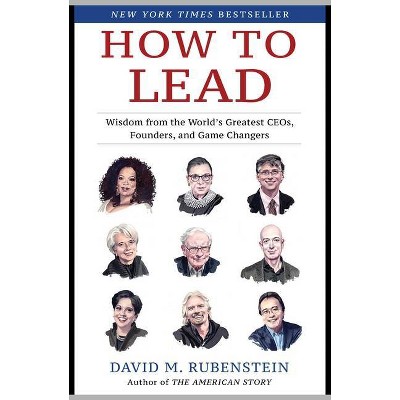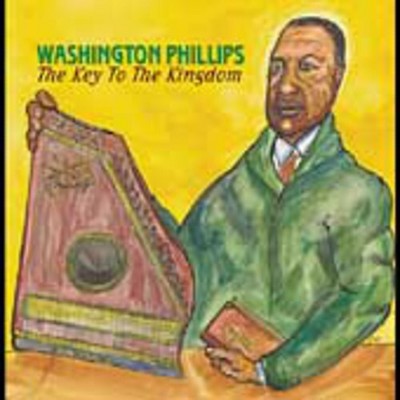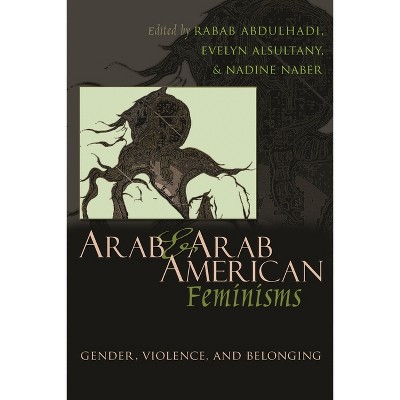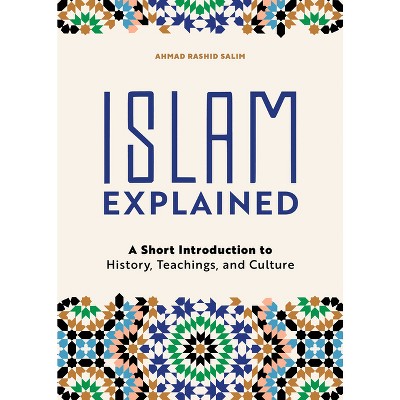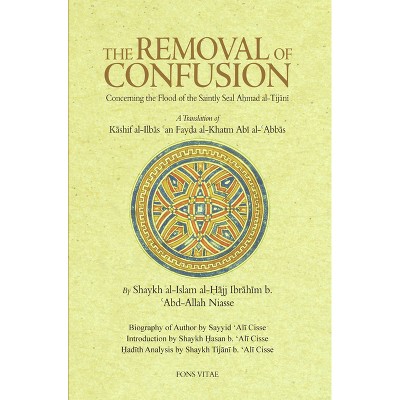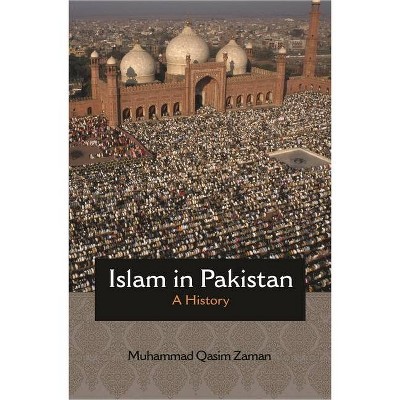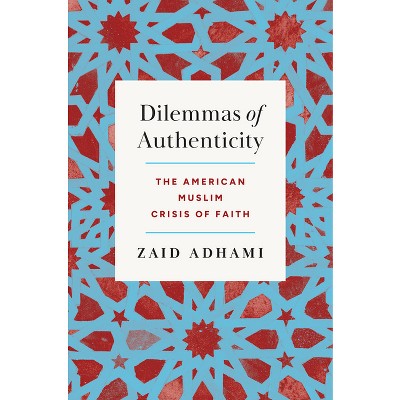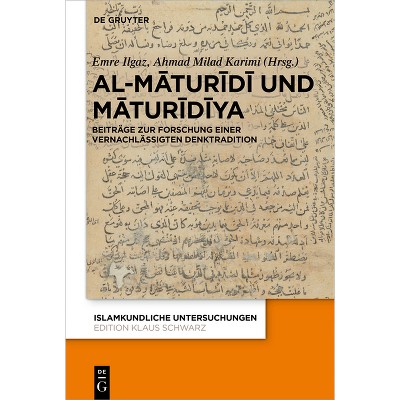Sponsored

The Politics of Arab Authenticity - by Ahmad Agbaria
In Stock
Sponsored
About this item
Highlights
- By the beginning of the 1970s, the modernizing political and cultural movements that had dominated the postwar Arab world were collapsing.
- About the Author: Ahmad Agbaria is assistant professor of instruction at the University of Texas at Austin.
- 288 Pages
- Religion + Beliefs, Islam
Description
About the Book
Ahmad Agbaria tells the story of a generation of postcolonial thinkers and activists who came to question their modernist commitments. He analyzes the heated cultural and intellectual debates that overtook the Arab world in the 1970s, uncovering why major figures turned to tradition in search of solutions to postcolonial predicaments.Book Synopsis
By the beginning of the 1970s, the modernizing political and cultural movements that had dominated the postwar Arab world were collapsing. The postcolonial project they had fashioned, which sought to create a decolonized order and a new Arab man, had suffered a shattering defeat in the wake of the Arab-Israeli War in 1967. Disillusioned with modern ideologies that presented the past as a burden from which postcolonial societies must be liberated, a growing number of Arab thinkers began to reconsider their cultural heritage.
The Politics of Arab Authenticity illuminates how Arab societies and their leading intellectuals responded to the collapse of the postcolonial project. Ahmad Agbaria tells the story of a generation of postcolonial thinkers and activists who came to question their modernist commitments and biases against their own culture. He explores the rise of a new class of postcolonial critics who challenged and eventually superseded the old guard of Arab nationalists. Agbaria analyzes the heated cultural and intellectual debates that overtook the Arab world in the 1970s, uncovering why major figures turned to tradition in search of solutions to postcolonial predicaments. With balanced attention to cultural debates and intellectual biographies, this book offers a nuanced understanding of major cultural trends in the contemporary Arab world.Review Quotes
The book will be read with great profit by all those interested in the current intellectual and sociopolitical landscape of the Arab world.-- "The Muslim World Book Review"
Ahmad Agbaria challenges conventional narratives of Arab intellectual history through a bold reinterpretation of postcolonial thought in the Middle East and North Africa. Packed with fresh insights about far-reaching debates across the Arabic-speaking world around modernity and tradition, secularism and religion, and revolution and reform, The Politics of Arab Authenticity is essential reading.
--Max Weiss, coeditor of Arabic Thought Against the Authoritarian Age: Towards an Intellectual History of the PresentAn extraordinary accomplishment, illuminating and thought-provoking. In The Politics of Arab Authenticity, Agbaria characterizes the postrevolutionary and postcolonial era as a new age of Arab thought, shaped by intellectuals' intensive search for Arab authenticity. By reclaiming and negotiating Arab cultural heritage, this creative intellectual community not only thought to imbue the present with some sense of the past, but, more importantly, also found the past's heritage meaningful and useful for the present and future. This book provides one of the most insightful maps of contemporary Arab intellectual thinking.
--Israel Gershoni, author of Arab Responses to Fascism and Nazism: Attraction and RepulsionAgbaria's argument is that Jabiri's and Tarabishi's differentiated but monumental projects captured the dynamism of Arab intellectual landscapes and encapsulated not only the intracultural war over the meaning of history and cultural time but also this meaning's relevance to Arab futures. A lucid, analytically profound, and brilliantly cast narrative, an essential read for all those interested in the modern Arab world.--Wael Hallaq, author of Reforming Modernity: Ethics and the New Human in the Philosophy of Abdurrahman Taha
In this well-researched book, Agbaria analyzes one of the most central debates in contemporary Arab thought: the debate around heritage. He argues against viewing the debate as a secularist-religious opposition, instead telling a much more complex and interesting story. The Politics of Arab Authenticity is necessary reading for anyone interested in contemporary Arab intellectual debates.--Elizabeth Suzanne Kassab, author of Contemporary Arab Thought: Cultural Critique in Comparative Perspective
About the Author
Ahmad Agbaria is assistant professor of instruction at the University of Texas at Austin.Shipping details
Return details
Frequently bought together

Trending Non-Fiction









